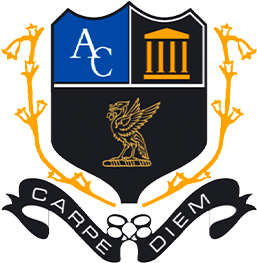HISTORY
CURRICULUM
The study of History will expand pupils’ knowledge and understanding, develop awareness of their own identity and the identity of others, while encouraging further investigation of the past.
By the end of the year, pupils will be able to show an emerging knowledge and understanding of the past by recognising the distinction between present and past. They will use common words and phrases about the passing of time, by recounting episodes from stories about the past.
By the end of the year, pupils will be able to place events in chronological order, describe some of the events and people they have studied, and begin to recognise reasons why people in the past acted as they did.
By the end of the year, pupils will be able to describe some of the events, people and periods they have studied and place them into different periods of time. They will recognise some of the similarities and differences between these periods and begin to suggest causes and consequences of the main events.
KS4 pupils will follow the OCR syllabus. By the end of the year, pupils will be able to describe characteristic features of past societies and identify change and continuity across different periods. They will identify causes and consequences of the main events and changes. When finding answers to historical questions, they will use information as evidence to test hypotheses
KS4 pupils will follow the OCR syllabus. By the end of the year, pupils will be able to show a degree of knowledge and understanding by describing events, people and features of past societies. They will recognise and describe the nature and extent of diversity, change and continuity, and suggest relationships between causes. In addition, they will explore different interpretations and evaluate sources to establish evidence for particular enquiries.


